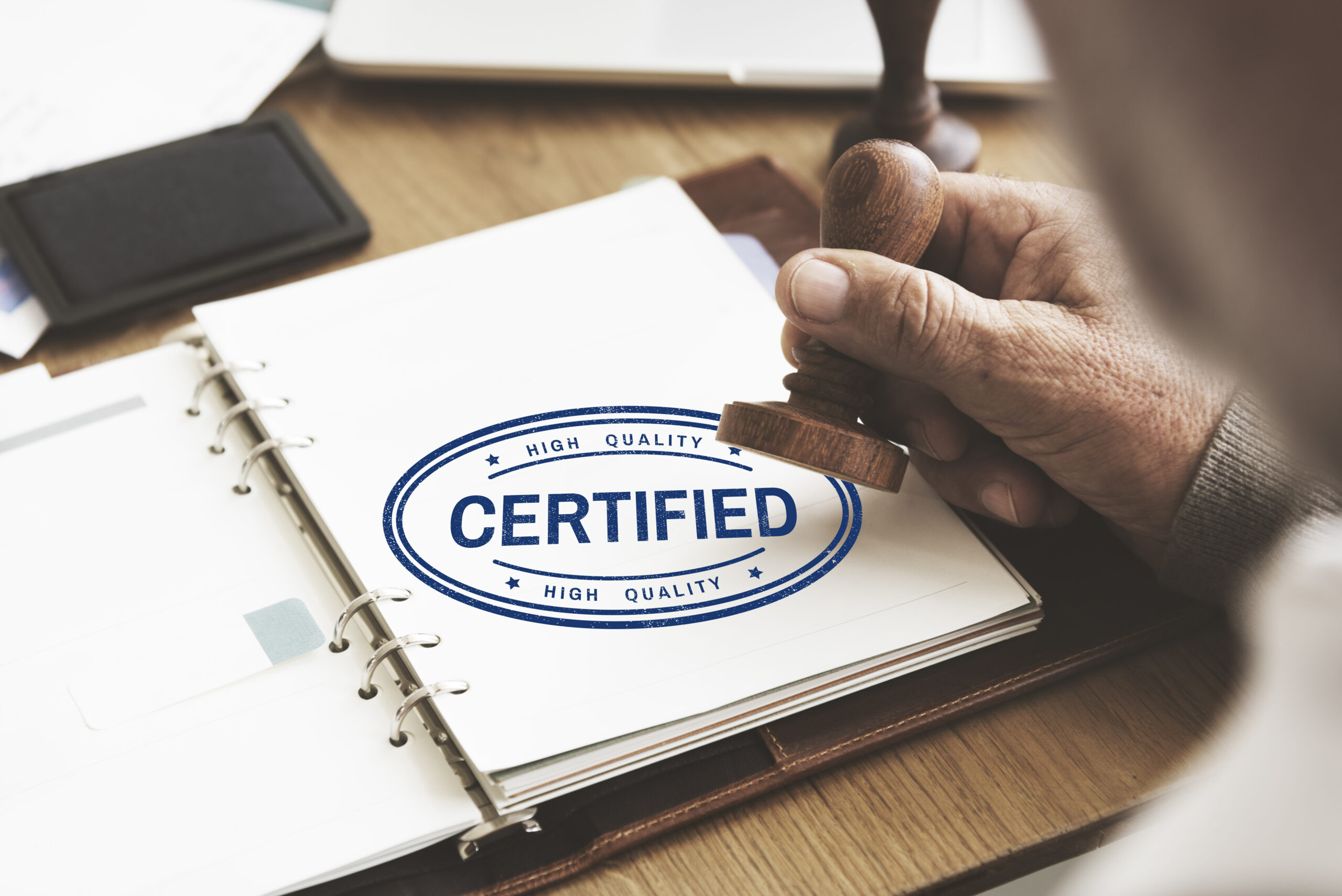The quality, safety, and conformance of items to specified standards have become critical issues for businesses and customers alike as the Indian consumer landscape changes rapidly. The Bureau of Indian Standards (BIS) addresses these issues and ensures that goods meet the strictest safety and quality requirements. The BIS Certification, often called the BIS License, provides accreditation that a product satisfies applicable Indian requirements. It is a voluntary or mandated certification program. This blog examines the importance of BIS Certification in India, including how it affects product validity, the certification process, and the paperwork needed to obtain BIS Certification.
The Bureau of Indian Standards (BIS) was established in compliance with the Bureau of Indian Standards Act of 1986. This organization’s primary duty is to create and promote Indian standards that guarantee the reliability, safety, and quality of goods, services, and systems. One of the most essential certification programs BIS provides is BIS Certificated, sometimes called BIS License. One of the various certification programs offered by BIS to assess a product’s compliance with Indian requirements is BIS Certification.
Why Obtaining a BIS Certification Is Vital?
Here is the list of reasons why you should opt for BIS certification:
Ensuring the Safety and Quality of Our Products:
The BIS Certification reassures customers that the certified products meet particular Indian standards, ensuring the products’ quality and safety. It is a symbol of trust that empowers consumers to make decisions during the purchasing process based on factual information.
Secondly, on Regulatory Compliance:
Certain products need to get a BIS Certification to comply with government laws. Producers and importers must get the BIS License to be authorized to conduct business in the Indian market. Adherence to BIS guidelines is mandate by law.
Competitive Advantage:
BIS Certificate offers a competitive edge by differentiating certified products from non-certified rivals. Consumers see products that have received BIS certification as more dependable and superior in quality, which boosts their marketability.
Customers Confidence:
In a market that is flooded with a large number of products, using BIS Certificate can boost consumer confidence and brand loyalty. Customers tend to trust BIS products because of the association between the logo and quality assurance.
Export Facilitation:
Indian products may find it simpler to be export to other markets thanks to the widespread recognition of the BIS Certification. This ensures that the items meet international quality standards and regulatory requirements.
Risk Mitigation:
Companies can lower their risk of product standard non-compliance, which could lead to fines, recalls, or reputational harm. Those companies can reduce this risk with the use of BIS Certification.
You should also read Everything You Need to Know About India’s BIS Registration and the BIS Act.
How to Become a Certified BIS Professional?
Several processes are included in the BIS Certification process, all aimed at verifying that the product complies with relevant Indian indigenous requirements.
Application’s Submission:
The applicant must submit an application to the BIS containing detailed information on the product, possible uses, and the intended certification method.
Document Verification:
The BIS reviews every document that has been turned in. Product specifications, test results, and certificates for quality control systems are among these documents.
Product Testing:
The samples are sent to laboratories recognized by the BIS to ascertain whether or not the product complies with the relevant Indian standards.
Production Inspection:
On occasion, the BIS will conduct a factory inspection to assess the production processes and quality control systems that the company uses.
Certification:
After the candidate passes all the testing and verification procedures, the BIS will grant them either a BIS Certification or a BIS License.
Renewal & Ongoing Observation:
BIS does periodic monitoring to make sure that standards are being follow consistently. Typically, the certification has a set validity period and needs to be update regularly.
Required Documentation for the BIS Certification Procedure
Depending on the product and certification scheme, different documentation will likely be require for BIS Certification. On the other hand, the following documents are typical examples:
Application Form:
The applicant must complete the BIS application and provide all relevant details about the product and certification program they want to pursue.
Test Results Reports:
Obtaining BIS Certificate requires test reports from laboratories that have been approve by the Bureau of Indian Requirements (BIS) and that show compliance with the relevant Indian requirements.
Samples of the merchandise:
The applicant must supply a sample for the BIS to test and assess the product.
Product Details:
Complete product specifications and technical data are require for the review process.
Quality Management Systems:
The applicant must provide certifications related to the quality management system used in their manufacturing processes to be eligible to participate in specific certification programs.
Specifics of the Manufacturing Process & the Factory:
Information on the manufacturing facilities, production methods, and quality control procedures are necessary for the factory inspection process.
Final thoughts:
One crucial method for confirming that goods are safe, of the highest caliber, and meet Indian regulations is certification by the Bureau of Indian Requirements (BIS). Benefits from this include:
- Boosting the validity of items.
- Encouraging consumer trust.
- Giving businesses a competitive edge.
Strict testing, verification, and inspection are hallmarks of the certification process; these elements thoroughly evaluate the product’s conformity. By obtaining the BIS License, companies may show they are committed to producing high-quality products that meet all legal requirements. Adopting BIS Certificate is a wise financial decision and indicates importers’ and manufacturers’ dedication to reaching the most excellent quality standards in product manufacturing. BIS Certification will create a dependable and trustworthy marketplace for all stakeholders as India moves toward increased consumer protection and product standardization.
When a business has the BIS Certification mark, it can solidify its position in the market and instill in customers a sense of dependability and quality. Acquiring a BIS License can entail a substantial financial outlay and effort. Still, the benefits in the long run—such as enhanced consumer confidence and credibility—make it a wise and profitable investment for any business hoping to thrive in the cutthroat Indian market.
Related Posts

ISO Certificate: Types,…
Established in 1947 after delegates from 25 countries convened in London, the International Organization for…



 Artistonk Media Solutions
Artistonk Media Solutions